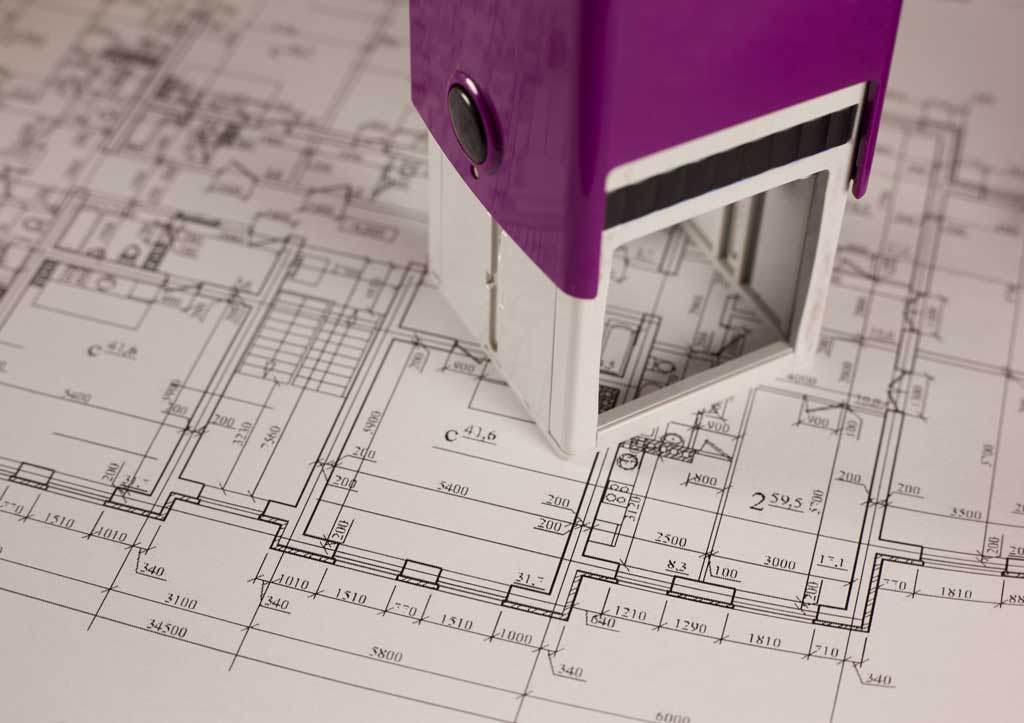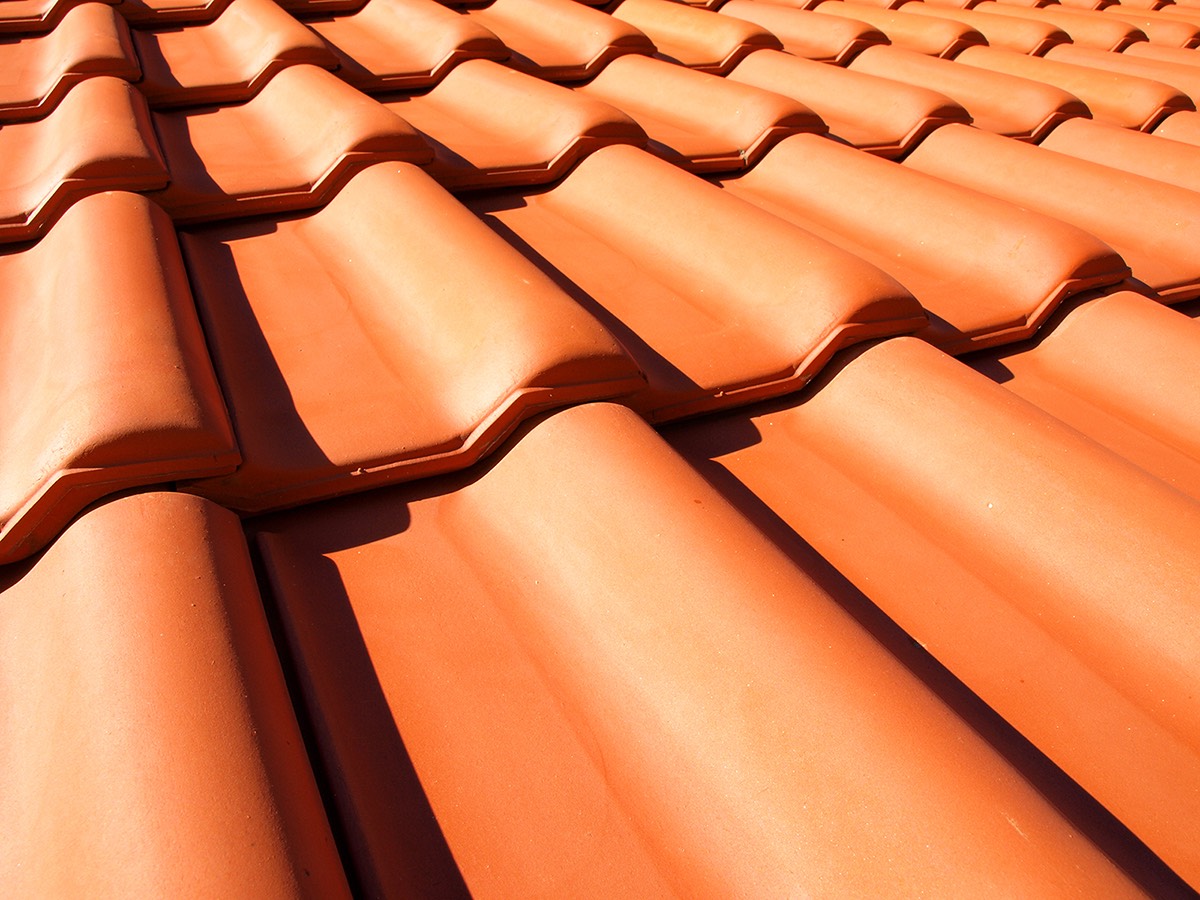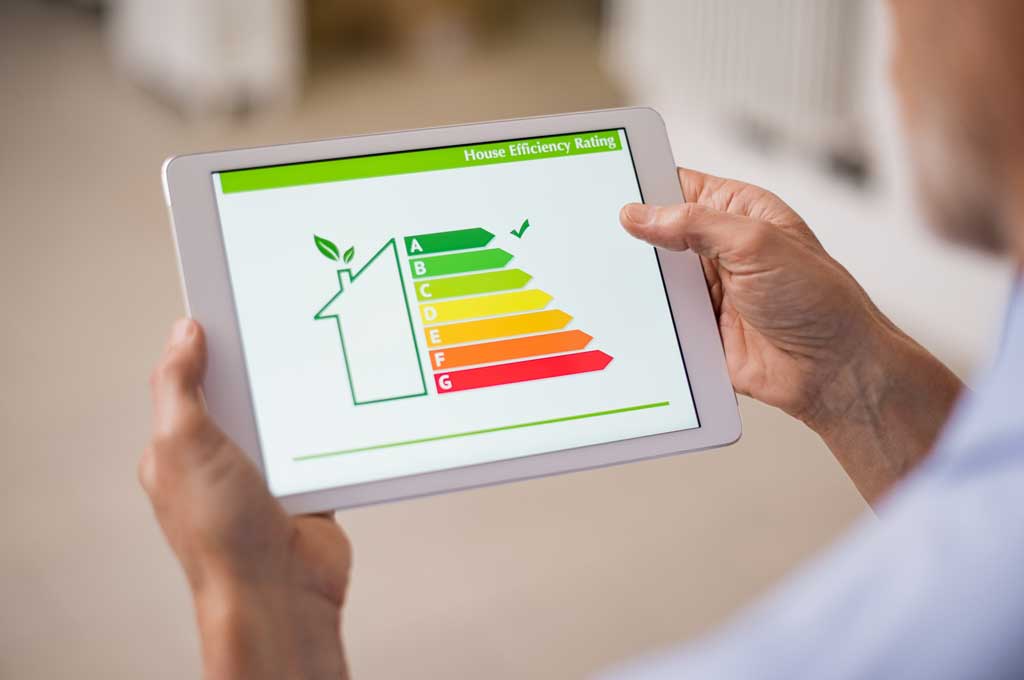Energy Efficiency
The big picture, energy efficiency is important to save the planet, little pictures it reduces your heating bills!
Energy efficiency will be explored for all of the roofs that we compare and is a great indicator of a solid conservatory roof's quality. Before you know it, you’ll be your very own expert at energy efficiency and be able to see which roof is the best from just a glance.

What is Energy Efficiency?
Energy efficiency is just a fancy way of measuring how much heat is transferred between inside and out, in this case by your solid conservatory roof.
An energy efficient solid conservatory roof will stop all the lovely heat from leaving your house, insulation layers trap any heat inside your conservatory before it has the chance to escape. The temperature stays constant, and you can leave your thermostat where it is for more of the year.
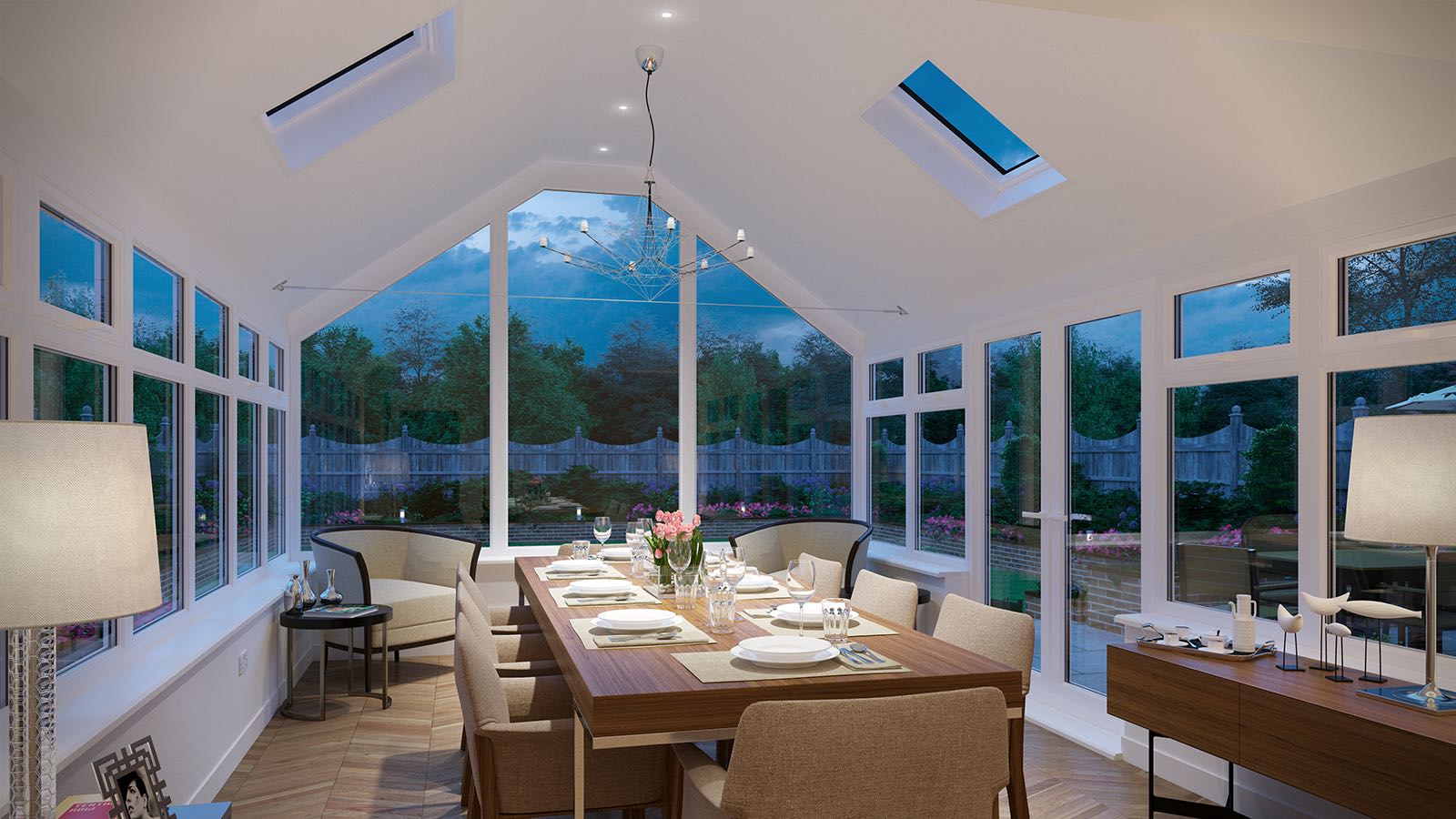
What are the Benefits of High Energy Efficiency?
Aside from keeping your house snug and warm all year round, even in those freezing winter months, there are some other great benefits that come with energy efficient solid roofs. You remember in the past when conservatories were freezing in winter, and so you had to crank up the thermostat? Well, no longer! More heat staying inside means you won’t have to ramp the heating up, keeping those usually annoying heating costs to a more manageable level.
But it's not just about keeping heat inside during winter; it's about making sure your conservatory doesn't get too hot in summer as well. And that's another way energy efficiency really helps out. A low U-value will mean less solar gain, keeping your conservatory from becoming overheated and stuffy.
You’re saving the planet as well! Energy efficiency makes for a lower carbon footprint and lowers greenhouse gasses which helps save those polar bears.
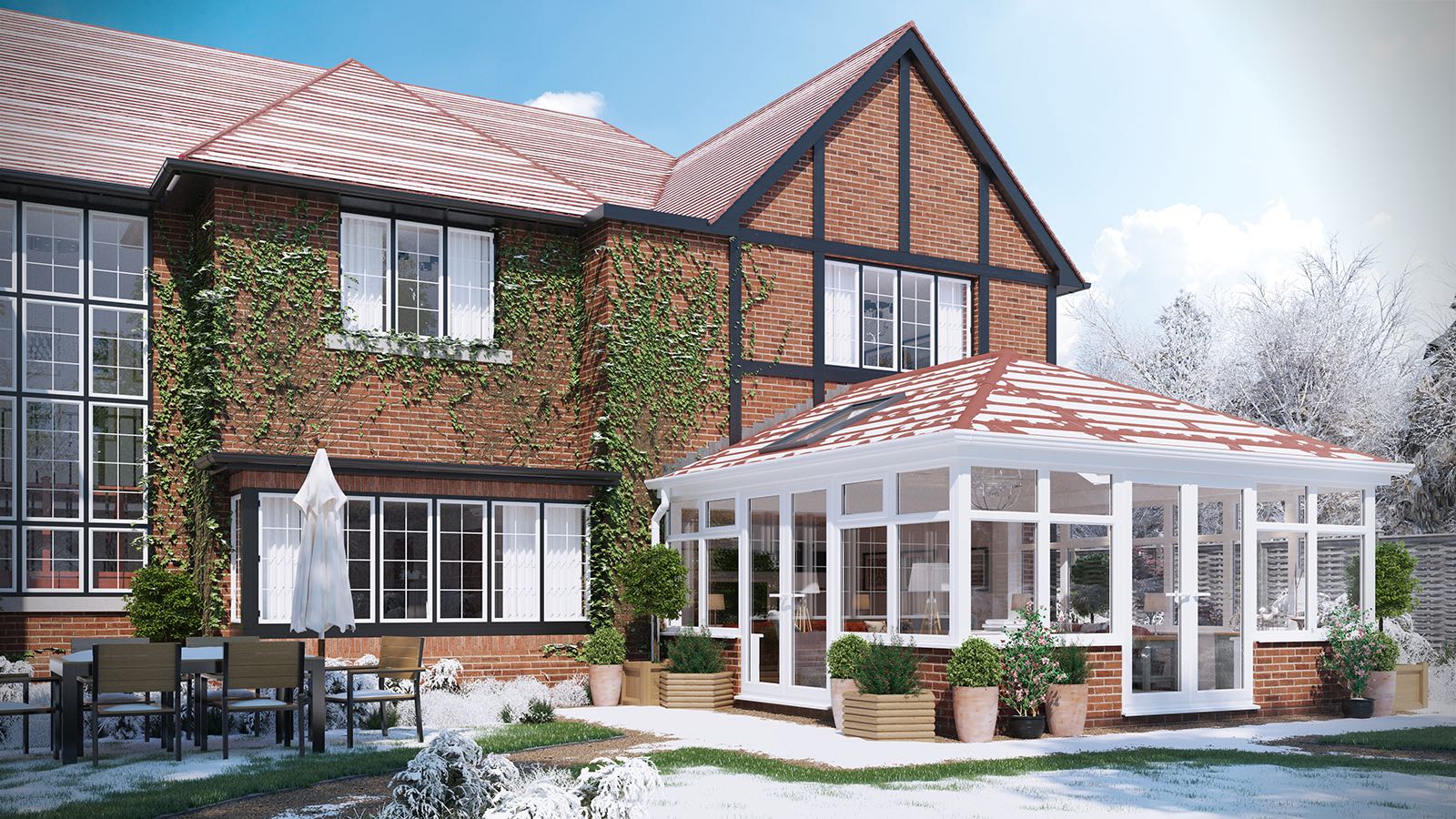
How is Energy Efficiency Measured?
Energy efficiency is measured in U-values, which use W/m²K which measures how much heat leaves your house per m². Don’t worry too much about understanding what all those letters stand for. The simple thing to know about U-values is that the lower the number is, the better the energy efficiency performance. That’s because it’s measuring how much energy, usually heat, is leaving your home.
If you want to save the most on heating bills and have the warmest conservatory, you want that number to be as close to 0 as it can. And some of these solid conservatory roofs come pretty close.
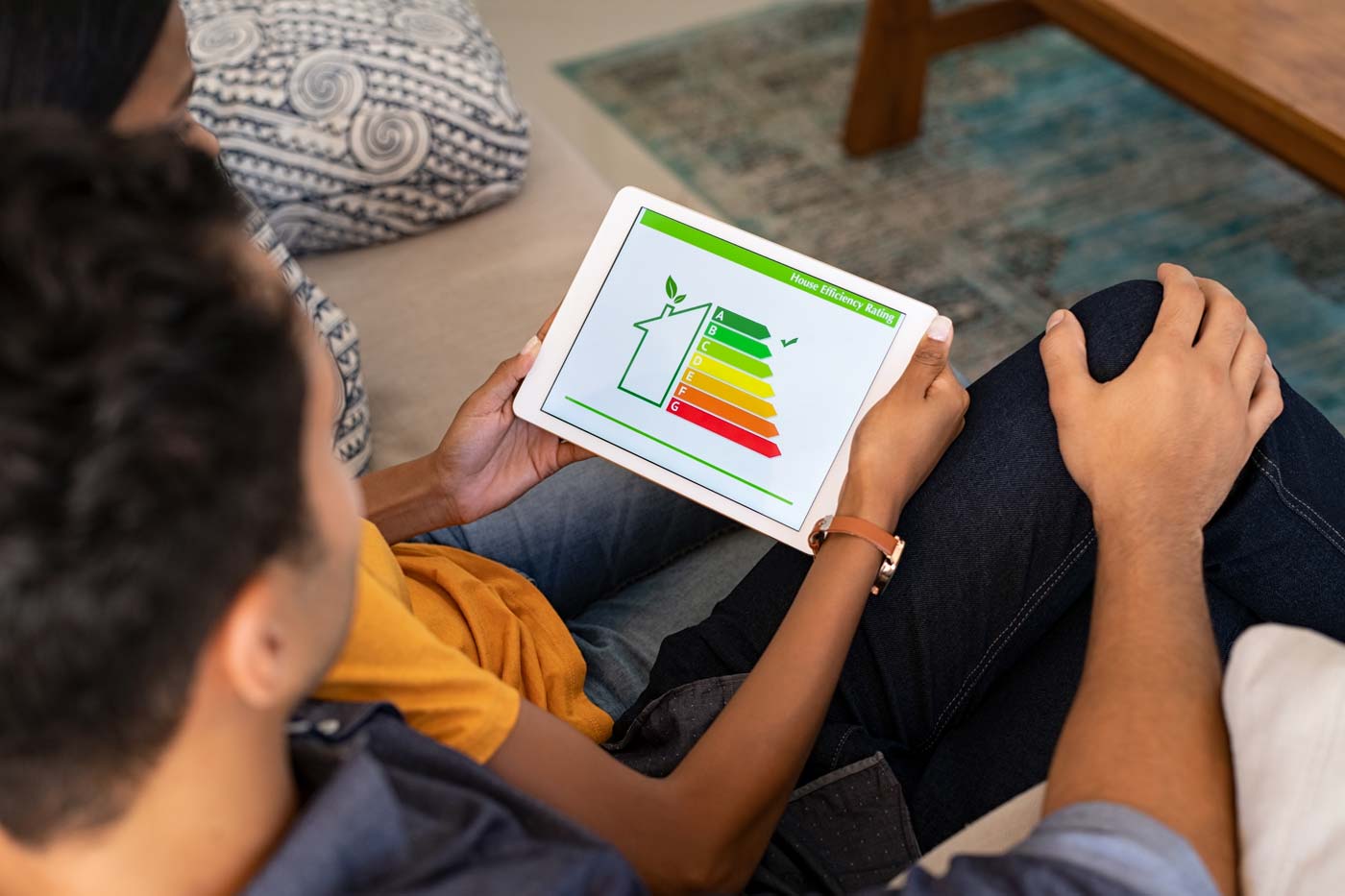
Frequently Asked Questions
-
What happens if my conservatory isn’t energy efficient?
- This is the reason why conservatories in the past have had the Goldilocks problem. Like in the story, they can be too hot in summer and too cold in winter without energy efficiency, as the heat just goes right through the walls and roof. It’s a real pain financially too, as you have to pay more heating bills just to get it to a bearable temperature.
-
Can energy efficiency help save me money?
- It sure can! Solid conservatory roofs have a great standard of energy efficiency. They hug tight to the heat that’s inside your house and persuade it to stay there. In winter, this means you don’t have to whack the thermostat up to 11. in fact, the only thing taking a whack will be your heating bills.
-
How should I compare energy efficiency?
- It’s easy to compare energy efficiency between solid conservatory roofs. Just look at the U-value numbers that our comparison tool will show. The lower the number, the cosier, toastier your conservatory will be. Simple right?
-
Does the environment benefit too?
- The earth’s pretty special, it is our home after all. So, it’s nice to look out for it when we can. High energy efficiency levels actually mean that less greenhouse gas is released into the atmosphere. By converting to a solid conservatory roof, you're saving both the planet and hopefully money too. What more could you want?
-
Are cladovers energy efficient?
-
The trouble with cladovers is they lack any sort of documentation to support their energy efficiency. The thermal efficiency they provide will be completely dependent on the thermal insulation used, but it’s an unknown quantity. If you’d rather know for sure, stick to a solid conservatory roof system like the ones we compare.
Read more about Cladovers here.


